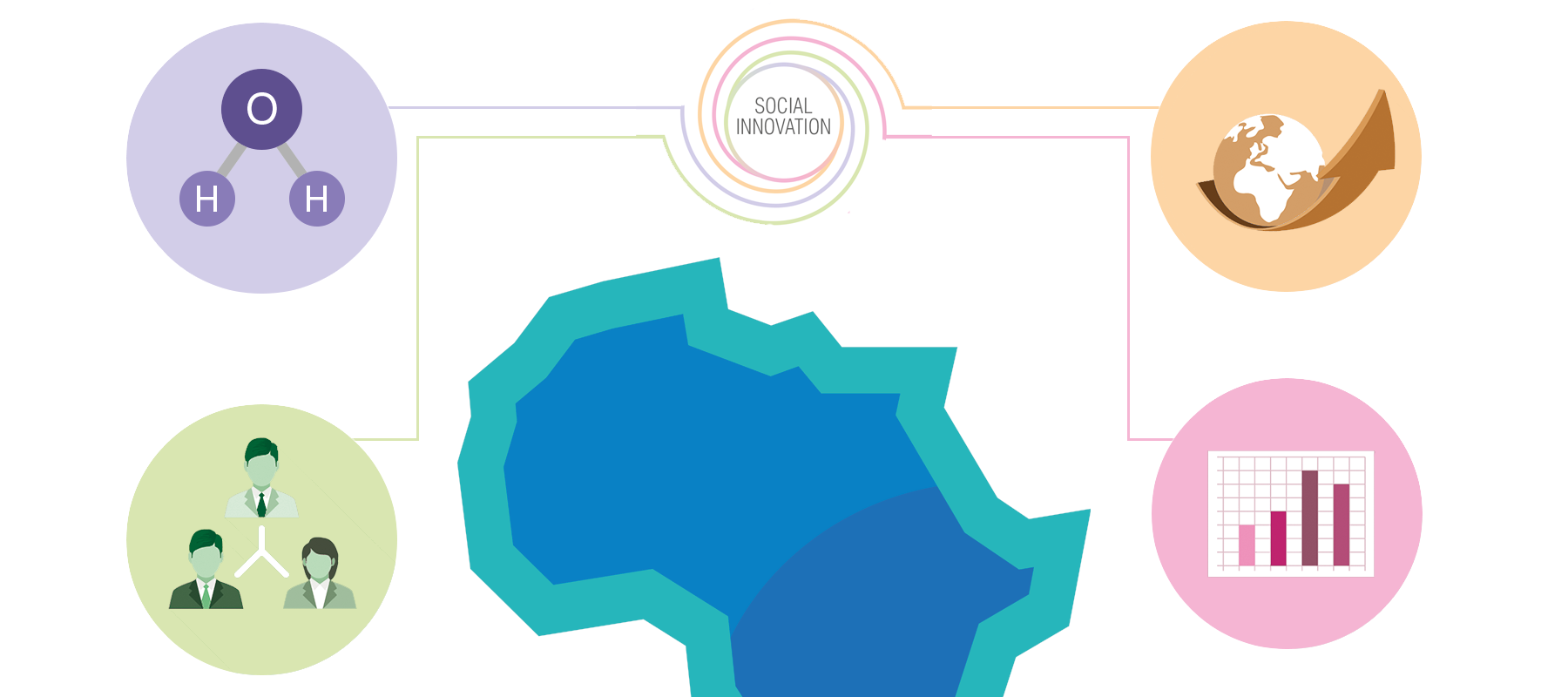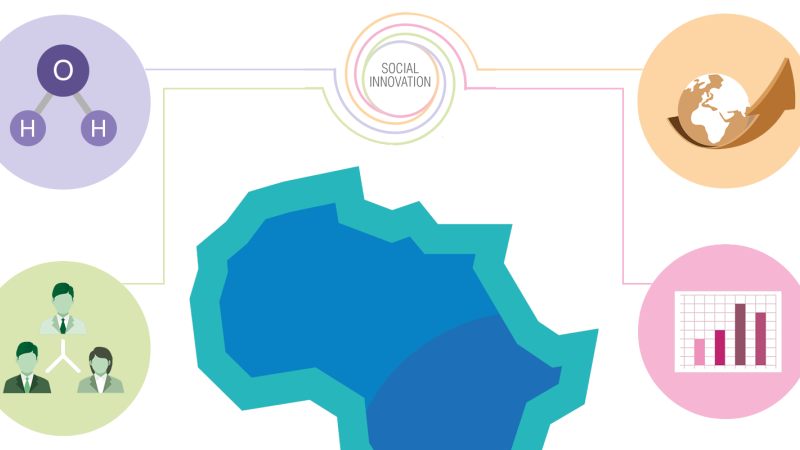
AfriAlliance MOOC#2 Case Studies: Part 6
Following the conclusion of the AfriAlliance MOOC#2, the AfriAlliance partners are delighted to share with you a selection of the excellent final assignments submitted by the participants.
During the final week of the MOOC#2, participants used the lessons that they had learned about social innovation and applied them to a case study that they were familiar within. Using the Social Innovation Factsheet format, and the four AfriAlliance dimensions of social innovation, a range of case studies were covered by the participants.
The AfriAlliance partners have curated a selection of these case studies, which best represent social innovation and the lessons learned during the MOOC#2. Every two weeks, five of these case studies will be shared on the AfriAlliance website and social media. Find links to previous uploads at the bottom of the page!
Case Study #1: Surface Water Quality and Land Use Planning by Thabo Morake
Surface water quality and quantity monitoring can be a determining factors in land use planning and allocation in the semi-arid river basin catchment areas. This is a key consideration of this case study, which also focuses on the balance of human development and ecosystem protection.
Case Study #2: Creating Local Action Groups in La Guajira, Colombia by Daniel Blanco
The concept of Action Groups has the potential to positively impact a range of water related issues around the world. This case study assess the potential of Action Groups to support WASH development and water security in Colombia.
Case Study #3: Addressing Climate Change Effects on Water & Food Security in South Africa by Mendy Shozi
Using South Africa as a case study, this report assesses the potential of SET solutions and the circular economy approach to address the effects of climate change on water and food security.
Case Study #4: The effects of water quality on drip irrigation by Kamuiiua Kamundu
Water quality plays an important role in crop irrigation and production. This case study uses the concept of social innovation to investigate how water quality can impact drip irrigation in particular.
Case Study #5: Innovative Household Level Treatment Systems for enhanced water security by Elijah Banda
To provide clean water to households, the Government of Zambia partnered with local communities and SEEDS of HOPE an international organization to develop and champion the use of bio-sand filters at household level. This case study assesses the impact of this project through the social innovation lens.
Downloads
- Case Study #1 Surface Water Quality and Land Use Planning_Thabo Morake.pdf (PDF, 334.32 KB)
- Case Study #2 Creating Local Action Groups in La Guajira, Colombia_Daniel Blanco.pdf (PDF, 324.6 KB)
- Case Study #3 Addressing Climate Change Effects on Water & Food Security in South Africa_Mendy Shozi.pdf (PDF, 340.21 KB)
- Case Study #4 The effects of water quality on drip irrigation_Kamuiiua Kamundu.pdf (PDF, 338.29 KB)
- Case Study #5 Innovative Household Level Treatment Systems for enhanced water security_Elijah Banda.pdf (PDF, 544.57 KB)
